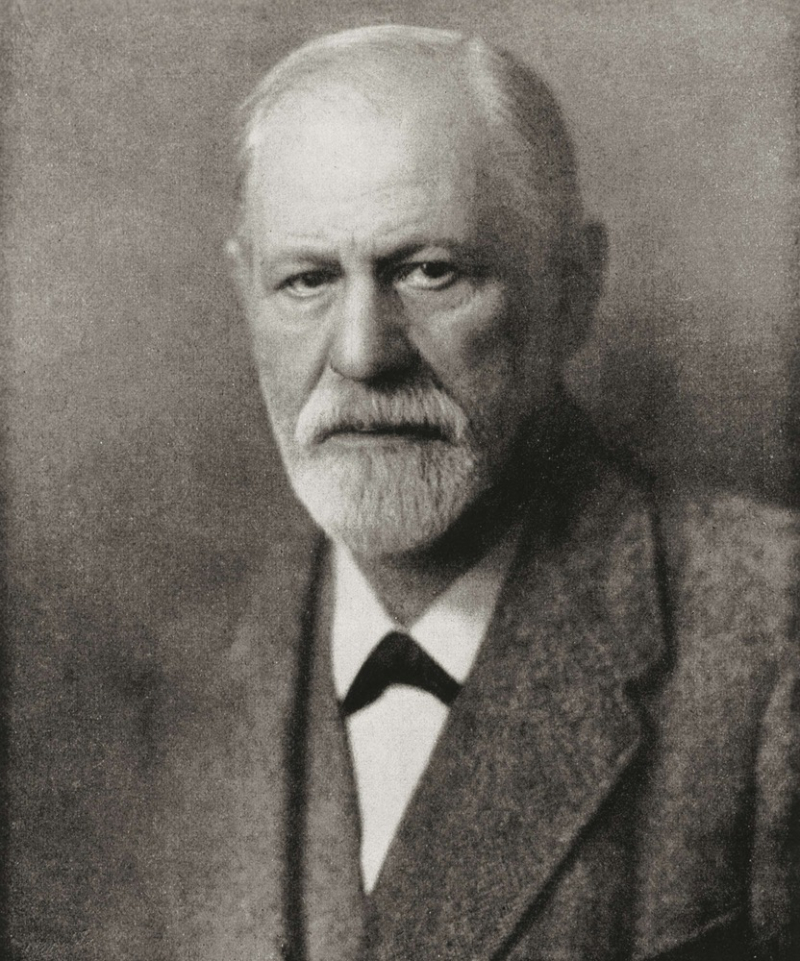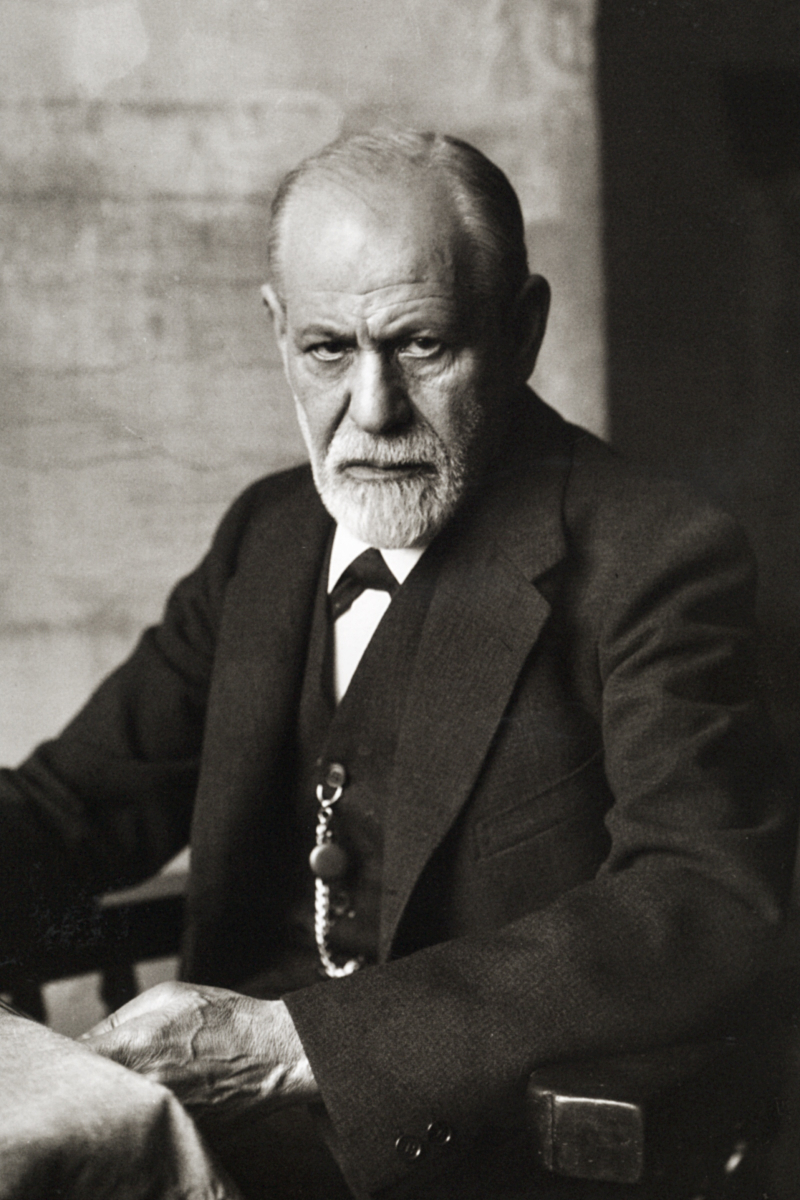Sigmund Freud
Sigmund Freud (born Sigismund Schlomo Freud; 6 May 1856 – 23 September 1939) was an Austrian neurologist and the creator of psychoanalysis, a clinical method for diagnosing and treating psychiatric diseases through dialogue between a patient and a psychoanalyst.
Freud was born in the Moravian town of Freiberg, Austrian Empire, to Galician Jewish parents. In 1881, he received his doctorate in medicine from the University of Vienna. He was named a docent in neuropathology after obtaining his habilitation in 1885, and he became an attached professor in 1902. Freud lived and worked in Vienna, where he established his psychiatric practice in 1886. Freud fled Austria in 1938 to avoid Nazi persecution. In 1939, he died in exile in the United Kingdom.
In developing therapeutic approaches such as the use of free association and discovering transference, Freud established their important position in the analytic process. Freud's expansion of sexuality to encompass infantile forms led him to develop the Oedipus complex as a major tenet of psychoanalytic thought. His interpretation of dreams as wish fulfillment gave models for clinical research of symptom genesis and the underlying mechanisms of repression. On this foundation, Freud developed his theory of the unconscious and a model of a psychic organization comprised of id, ego, and super-ego. Freud proposed the presence of libido, a sexualized force that invests mental processes and structures and develops erotic attachments, as well as a death drive, which is the basis of compulsive repetition, hatred, aggressiveness, and neurotic guilt. Freud later established a broad understanding and critique of religion and culture in his later works.
Though it is in decline as a diagnostic and clinical technique, psychoanalysis is nevertheless widely used in psychology, psychiatry, and psychotherapy, as well as in the humanities. As a result, it continues to spark heated debate about its therapeutic efficacy, scientific standing, and whether it advances or hurts the feminist cause. Nonetheless, Freud's work pervades modern Western philosophy and popular culture.













